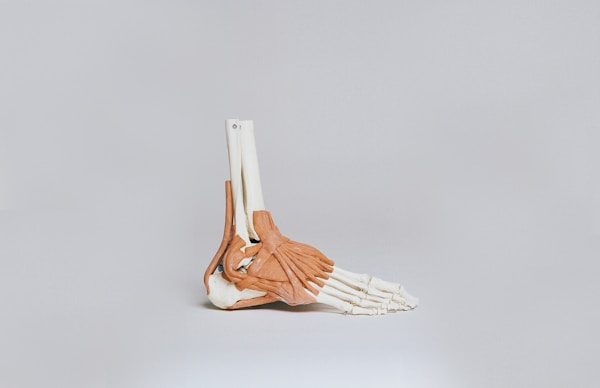
Morton’s Neuroma: What It Is and How To Treat It
Morton’s neuroma is a condition that can cause pain and numbness in the foot, and a tingling or burning sensation in the toes. The condition is treated with a variety of methods, depending on the person. Keep reading to learn more about Morton’s neuroma and how it’s treated.
What is Morton’s neuroma?

Morton’s neuroma is a condition that affects the feet and can cause a great deal of pain. The condition is the result of an enlargement of one of the nerves that run between the toes. This nerve, called Morton’s nerve, becomes irritated and enlarged due to compression or friction. Morton’s neuroma is most common in the third and fourth toes, but it can also occur in the second and fifth toes.
Morton’s neuroma can cause significant pain, especially when walking or standing. The pain may be a burning or stabbing sensation and it can be quite severe. In addition, the affected toes may feel numb.
What are the treatment options for Morton’s neuroma?

There are many treatment options for Morton’s neuroma, depending on the severity of the condition. Prescriptions, supportive shoes, surgery, and injection therapy are all potential treatments for Morton’s neuroma.
If you’re experiencing pain from Morton’s neuroma, your doctor may prescribe a medication to help relieve the pain. Nonsteroidal anti-inflammatory drugs (NSAIDs) such as ibuprofen and naproxen are often prescribed for mild to moderate pain. If the pain is more severe, your doctor may prescribe a stronger medication, such as a narcotic. If your doctor prescribes medication, you’ll also need a quality pharmacy that you can count on to get the medication you need to relieve the pain, such as this CanadaDrugstore.
If you’re having trouble walking because of the pain, your doctor may suggest a supportive shoe. This type of shoe is designed to offer the proper support to relieve pressure off of the nerves causing the pain.
If the pain is severe and doesn’t improve with medication or a supportive shoe, your doctor may suggest surgery. During surgery, the surgeon will cut the nerve that is causing the pain. This will relieve the pain, but it may also cause some numbness in your toes.
If the pain is not severe, your doctor may suggest injection therapy. During injection therapy, the doctor will inject a numbing medication into the area around the nerve. This will relieve the pain for a period of time.
Are there any complications associated with Morton’s neuroma?

There are a few potential complications that can occur if Morton’s neuroma is left untreated. One is that the neuroma can grow in size and press on other nearby nerves, which can cause more pain, numbness, or tingling in other parts of the foot. Another complication is that the neuroma can damage the nerves it is pressing on, which can cause permanent nerve damage. If the neuroma is not treated, it may also eventually lead to foot ulcers and even amputation.
How can you prevent Morton’s neuroma from recurring?

There are several things that you can do to help prevent Morton’s neuroma from developing. One of the most important things is to wear shoes that fit well and are comfortable. Shoes that are too tight or too loose can put pressure on the nerve and contribute to the development of Morton’s neuroma. You should also avoid wearing high heels, which can put a lot of pressure on your feet. Another thing that you can do to prevent Morton’s neuroma is to exercise regularly. Exercise helps to keep the feet strong and flexible, and it can help to prevent the development of Morton’s neuroma.
Treat your Morton’s neuroma.
If you’re dealing with pain and numbness from Morton’s neuroma, it’s essential to seek treatment from a qualified health care professional soon. Some common treatments include medicines, supportive shoes, injections, or surgery.





